He Played My Jazz
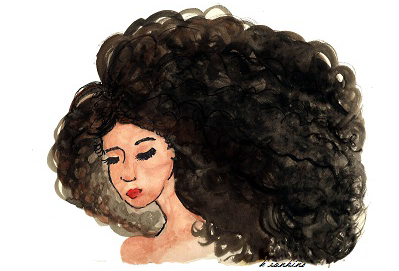
all of the artwork in this post are done by the artist, who also happens to be, the author, Haley Rankins
_______
There are a few things that you should not hold against someone; no matter how inclined you are to do so. One of those things is their hometown, the place where they were born and raised. You see, our initial “tribes” are chosen for us whether you believe it is by an omnipotent, divine being or some devil-may-care stroke of fate. As we live our lives, it is our choice to step outside of our experience and learn someone else’s ways, immerse ourselves in other cultures, and try on the cloth of other clans. To do that takes great courage–a fierce bravery.
I met him in the fall. I was on my way to class and we saw each other across the hall. He would always arrive a little late and sit in the chair directly behind me. For three years we would have similar class schedules and, as fate would have it, we become great friends. Our time fit together like a jigsaw puzzle – his lessons, my class, meet for lunch, an evening class, work – then our paths crossed again in the practice room. We were vastly different from each other, but we bonded over our faithful dedication to our music. We both had the hunger to absorb as much knowledge of those melodies and notes as possible–on and off the page.
He played jazz saxophone, and I sang classical music. We would practice at the same time of night. After a while, he started to attend my late night rehearsals. He didn’t know much about singing, but he was a reassuring ear when I needed to know if something sounded good. When I was done, he would practice. I would lounge on the couch in the corner and he would wrap me in his jazz. His eyes would close and the melody coming from his instrument would send us both to a transcendent place. Although I studied opera, I knew jazz. He would dote on my knowledge of its intricacies. A Southern Louisiana girl born and raised, I grew up with Dizzy, Lois, John Coltrane, and Ella. For him, I sang my best Sarah Vaughan. I was sassy, a sight to be revered. He “oo-ed” and “ahh-ed” –this rural Alabama boy who played jazz–who wrapped me in his jazz.
It takes courage to read another person’s story past the cover, past the table of contents. It takes bravery to know that the paragraphs may be a little scary, but to still read on, to try and wrap your brain around the letters and words on the pages.
He came to my apartment most days, and spent plenty of time thumbing through my compact discs and the few vintage records I had collected. He would take one out of its sheath and gently sit the needle down. We would sit on the couch sipping Alabama sweet tea and listening to music, and we would learn together. His marble-blue eyes searched me as the melody flowed through the dense air in my tiny apartment, looking for any reaction–a tap of the foot, a closing of eyes, a slight smile. He wanted to know how I felt about the music–not just by my words, but by my body’s natural, unadulterated movements.
Every time he left, he called. On his drive home, we would talk about our lives, or politics, or the weather– anything to prolong the sounds of our voices intermingling. I wanted to know all about him – his home town, where he grew up, the ideologies that surrounded his childhood, his parents. This, however, was a subject that would rarely come up. When it did, I would listen intensely with analytical eyes. He sensed the curiosity in my tone, but he would always draw back.
He knew so much of my history, from my French-Creole heritage to how I loved to eat red beans and rice on Mondays because it made me feel at home. He knew of my boarding school roommates who danced ballet and sang musical theater, my childhood friends, my embarrassments and achievements. He would thumb through my music collection, and I wasn’t shy about giving him the context of how I came to love a record, whether through a friend or a chance meeting with the sound.
I would ask him, “Where did you learn to play Jazz?” and inquire about his distant Cajun relatives who lived only a few miles away in next Parish back home. My deep brown eyes would search him as he gave vague answers. He would never go into the great detail that I sought, but I thought that maybe because of the way his hands moved, his eye twitched, his lip quivered, that I would gain a deeper insight into his real experience.
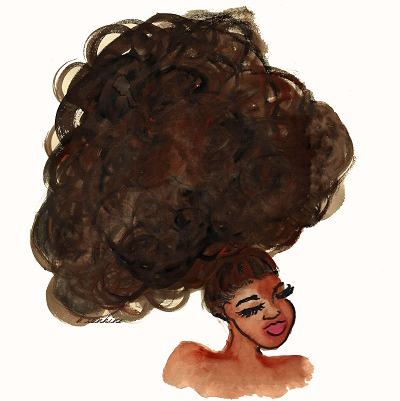
Every time my parents came to town, I would get so excited. The apartment would fill with anxious energy as I cleaned and arranged. He would sit on the couch across the room listening to Jazz records that were too familiar. They became background music as I bustled around the kitchen, stacking plates into a certain order, rearranging the jars on my counter tops, steeping a fresh jug of sweet tea. I would look over to catch his stare–he watched me with scrutinizing eyes as I cleaned and organized in preparation for my parents. They would meet him many times.
In the music building I would introduce him for the first time as my ‘friend’ although they already knew of him from various phone conversations. We would go to lunch somewhere a little fancier than we were used to and they would ask him about his parents, his childhood, his hometown. They would nod in acknowledgement as he gave ambiguous answers. They only needed to know the table of contents and the titles to each chapter, but would let him spare the intimate details. Every time we were with my parents, I learned more about him than I had known before: As a child of divorced parents, both of whom remarried, he grew up in two homes. His distant Southern Louisiana relatives were fisherman. Growing up, he worked on a small Alabama farm milking goats. His mom jarred jam in the summers. He didn’t grow up in a “traditional” household, but his hometown was steeped in century old traditions. The people of his town held certain philosophies, the stereotypical ideologies that you would think of when you think of rural Alabama – biscuits didn’t exist without a deep bowl of white peppered sausage gravy, football was arguably the second most practiced religion (after Christianity), and tea was only served iced and incredibly sweet.
One of my girlfriends grew up in a town near his hometown, and she told me about the people there and how they treated her when she passed through. She said their southern hospitality seemed to stop in its tracks when it met her cocoa-skinned, dark-eyed gaze. If she had ever met him before, they probably would never have spoken–but she liked him for me. She was that kind of friend – kind enough to like him for me, but only from a distance.
Though it was only an hour drive from my tiny campus apartment, I never visited his home. On one adventure with my girlfriend to her hometown, we drove through the main street of his town. In the back of my mind, I hoped that I would gather some nuanced information about what life was like for him there–some answers that were less vague and more real. We drove, and I observed the way the wind blew through the trees, the way the dust crawled up the sides of weathered brick buildings, the way that everyone scuttling around the streets seemed to bare a certain similarity–and none of them looked anything like me.
I first met his mother in the spring. I had watched him labor over the notes in the practice room, coming to a place of ease where he could relax into the melody effortlessly. That night, his palms would sweat as he stood for his first solo selection. She made sure to sit front and center, and her eyes barred down on him as he played. From the bounce of his knee, the sweat on his brow, and the way he looked up at her every few minutes; I could tell that their relationship was rocky, but loving. He wanted to please her and live up to her traditional expectations, but I knew he also wanted to live his life differently. He was willing and ready to try on the garb of other tribes, to learn about the vast world that he held at his fingertips. After the concert, I searched for him. My brown eyes zoned in on his as I approached. She stood with her back to me as I walk up to greet them. As she turned around, her ocean blue eyes met mine and they became bricks; her posture stiffened.
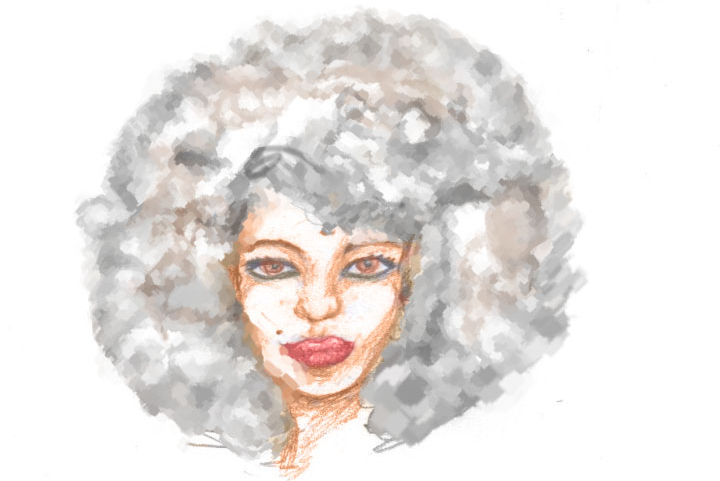
He fumbles with his words. “This is…my mom,” he says as I stand in her view.
“Hi, I’m Haley.” A forced sunniness in my tone.
He introduces me as his friend–though I had a feeling that she already knew of me. He tells her about my knowledge of jazz, my talents – spouting off my list of credentials. She listens passively as she looks through me.
I search her for an acknowledging nod, an extension of a hand, a blink – anything. I receive nothing. I’m met with a silence so empty that I may as well have been invisible. I had heard about the people from her town yet, in the back of my mind, I had hoped she was different. I just knew she had to be a some lovely exception because she had birthed into existence a son who played jazz and wanted to learn about the world. And the jazz he played was not just any jazz–it was my jazz–the music of my tribe, the music that he and I bonded over, the jazz that connected his world to mine like the pieces of a puzzle placed in perfect symmetry.
We sat in his car outside of my apartment. We both knew that we could not fill our usual serene space with our unusual energy.
“What. Was. That?” I inquire as my deep coffee eyes search him.
I needed a gesture–a wringing of hands, a sinking of the shoulders–something to let me know that I didn’t just wake up from a horrible dream. Something to assure me that he saw it as clearly as I had.
His mother wasn’t a topic he could talk about easily–at least, not past the table of contents, not past the titles. He couldn’t delve into the words and sentences to flesh out the opinions she held about the world, the ideologies she kept as her precious traditions. There was a mental block that wouldn’t let him speak out about her negative views. As imperfect as she was, she was still his mother.

“But…I’m so sorry,” he utters, finally, hesitantly, glancing at me. He exhales and tears fill the corners of his eyes. I wipe them away.
“It’s okay, babe,” I whisper as I place my warm palm to his flushed pink cheek. Our knowing eyes search each other for answers that we cannot articulate.
I walk into my apartment and glance out of the open window knowing that with every mile, he will be closer to his hometown and further away from me. I wait, but he does not call. I blast Sarah Vaughan through the rarely used CD player beside my turntable and sink into the couch.
We stepped into each other’s skin, and attempted to put on the cloth of one another’s respective clans. We embraced some of the traditions of our different upbringings, and tried to make sense of the ones we didn’t understand. We learned the rules and boundaries of the other’s tribe.
He read far into the chapters of my story–becoming enamored with the rhythm of the words and the warmth of the spaces between the lines. I tried to dive deep into his. I tried underlining and highlighting every beautiful section of words that I could get my hands onto–but it wasn’t enough. For it to work, we needed to go deeper, but every time we tried, we came up with flushed cheeks; gasping for air.
We could not speak about his mother over a glass of sweet tea with jazz playing in the background. We could not giggle over jokes about the prejudiced ideologies that were weaved into the fabric of life in his rural southern town. Going deep into the wounds caused by some of the traditions in which we both were steeped in was not something we could take lightly–it would take great courage.
And we were not brave enough.
_______
Haley Rankins
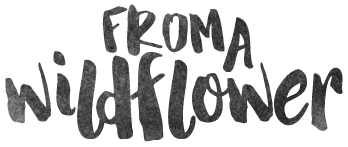

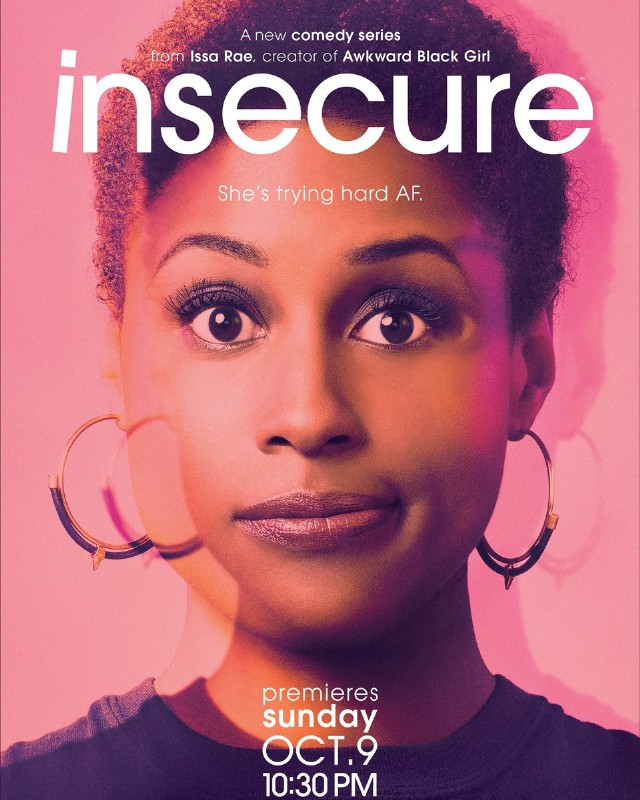



April 14, 2014
I know I’ve gushed directly to Haley about the loveliness of this piece but I wanted to do it here too. This is everything. I felt as if we were hanging out and you were telling me this directly. Yes, I want to hang out and hear more of your stories. xx
April 14, 2014
I appreciate your support! I held on to this one for so long (seriously–it’s based on a relationship/events that happened ~three years ago). Writing it was cathartic, and releasing it into cyberspace made me anxious but it felt freeing as well. I’m glad you enjoyed reading it.